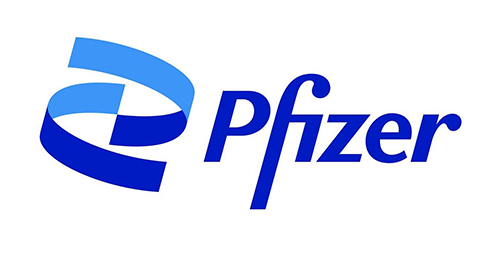
Pfizer has issued a community letter announcing that its Phase 2 DAYLIGHT clinical trial evaluating the company’s investigational mini-dystrophin gene therapy product (fordadistrogene movaparvovec) has opened a first trial site in Australia. Pfizer shares that it anticipates the first US site to open in September, with the majority of study sites to be open by end of October 2022.
This study will be for boys who are at least 2 years old and less than 4 years old; including 3-year-olds up until their 4th birthday. The study will aim to generate data on the safety and potential efficacy of intervening with gene therapy earlier in Duchenne.
Read Pfizer’s community letter
August 29th, 2022
We are pleased to share the good news that our Phase 2 DAYLIGHT clinical trial evaluating fordadistrogene movaparvovec gene therapy in early-stage Duchenne muscular dystrophy (boys who are at least 2 years old and less than 4 years old; including 3-year-olds up until their 4th birthday) has now opened a first site in Australia and screened its first patient. This safety and tolerability study will enroll approximately ten participants who will receive a single intravenous infusion of fordadistrogene movaparvovec, with no placebo arm.
The DAYLIGHT trial is being conducted in the United States and Australia. We anticipate the first US site to open in September, and the majority of study sites to be open by end of October 2022. We believe that this study will generate valuable data in this younger age group and will inform us on the safety and potential efficacy of intervening with gene therapy earlier in Duchenne.
Our Phase 3 CIFFREO clinical trial in ambulatory patients (boys who are at least 4 years old and less than 8 years old; including 7 year-olds up until their 8th birthday) continues to enroll participants across over 20 global sites including the United States, Europe, Canada, Korea, and Japan.
We also recognize the need for new treatment options for non-ambulatory patients with Duchenne. We continue to work with gene therapy experts to assess potential next steps for our non-ambulatory program.
Overall, we anticipate that our gene therapy program will generate a broad set of clinical data on fordadistrogene movaparvovec across the Duchenne spectrum.
We will continue to share information with the Duchenne community as it becomes available.
Once again, we want to express our gratitude for your trust and collaboration as we continue to work diligently and with the utmost care to advance our gene therapy program for Duchenne. We want to thank the participants in our clinical program and their families, without whom the development of this much-needed potential new therapy would not be possible.
Sincerely,
The Pfizer DMD gene therapy team



 by: Parent Project Muscular Dystrophy
by: Parent Project Muscular Dystrophy

